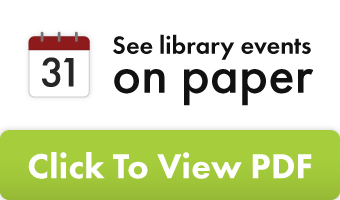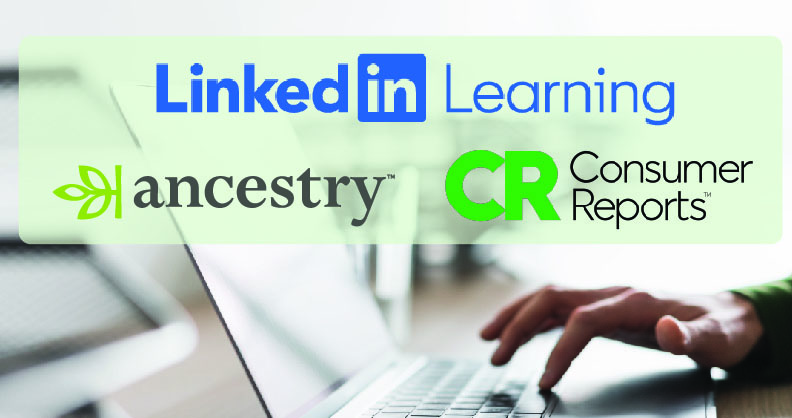Building Better Bridges and Communities
by Allie Lousch, Community Engagement Lead

Most weeks I share a meal with some of my favorite people. We laugh, break bread, discuss life in depth, listen and talk smack about each other’s politics. I love these people. Over time and with some fits and starts, we have discovered how to vehemently disagree while committing to our cherished relationship. This is one reason why the audiobook “Conversations with People Who Hate Me: 12 things I learned from talking to internet strangers” caught my attention while scrolling through the Libby audiobook app available with a Manhattan Public Library (MPL) card.
In “Conversations,” Dylan Marron describes how he began his award-winning podcast, “Conversations with People Who Hate Me,” after reading noxious messages directed to his inbox. Marron invited several hate-mailers to join him for a conversation. He connected with high school seniors approaching graduation, senior citizens, folks identifying as conservative and liberal, straight, gay and representing a variety of experiences. The one thing all participants had in common was they had sent hateful messages through the internet to Marron. And many talked with him.
“This podcast is not a search for common ground,” Marron said in an interview with USA Today. “It’s an experiment to see what happens when two people with very different views on the world talk to each other.”
Marron asked, “Do you hate me?” during conversations. Most of the people responded “No.” One middle-aged man said, “I no longer hate you, Dylan … because you’re willing to listen. I’m listening to you. You’re listening to me and I no longer hate you.”
“Conversations” participants, including Marron, discovered the jerks on the other side of the screen were “just people.” I’ve been thinking on this audiobook since last year and how I can learn to listen and to discuss hard things. Listening to ideas other than our own appears to be the tipping point toward building healthy relationships and communities.
Another take on bridge- and community building comes in a powerful novella for young adults called “Seedfolks” by Newbery-winning author, Paul Fleischman. It begins in a trash-strewn vacant lot in wintry Cleveland. We first meet Kim, an elementary-aged immigrant girl, planting lima beans in the still-frozen soil to honor the father who died before she was born.
Watching her is Ana, an older Romanian woman who is among the dozen accented voices you’ll encounter in this book. What begins as a futile gesture of memory among discarded tires becomes a vibrant garden where “many grew plants from their native land – huge Chinese melons, ginger, cilantro, a green the Jamaicans call ‘callaloo’, and many more.”
The growth from the first six lima beans to a rich community garden is not an easy one. There are misunderstandings, assumptions and failure in the garden’s and community’s growth. As the garden takes root and branches out, so does a vibrant community once seen as blighted as the buildings it inhabits.
Why “Seedfolks”? Florence, a teacher who joins the garden, describes the first generations of gardeners-who-rooted-a-community as her father described their descendants, as “‘our seedfolks’, because they were the first of our family there.”
You’ll find “Seedfolks” available at MPL in print and on audiobook.
Originally, I had planned to finish with another book but discovered “Them: Why we hate each other and how to heal” by former U.S. Senator from Nebraska, Ben Sasse. In “Them,” he writes of loneliness and isolation as a loss of essential “social infrastructure” and the root of society’s disconnection.
Published in 2018, “Them” attempts to explain the anxiety, distraction and rootlessness Sasse sees in today’s America. Instead of connecting with one another, Sasse explains Americans isolate from potentially meaningful relationships. In this isolation grows anger and fear, which affects how people see themselves and the world they’re in. “We need to be needed … to have roots and belong,” Sasse writes. “Them” is a research-rich encouragement to emerge from isolation and into community for our individual and collective wellbeing.
What do you think? Has American culture fractured? Is it rooted in loneliness and isolation? MPL hosts events for neighbors of every age and many interests, in a warm and welcoming place regardless of their bank statements, pronouns or political leanings.
Visit MPL online at mhklibrary.org to preview our events calendar and look through our catalog of available resources. We hope to see you in person among MHK’s growing library community.

